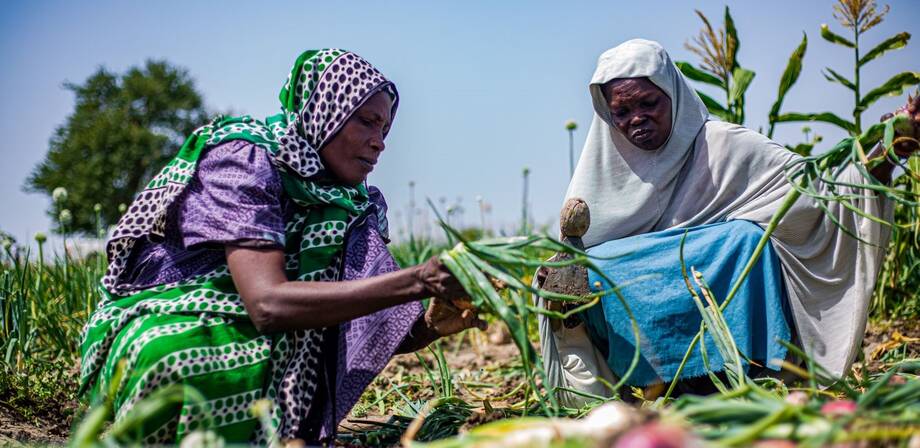Our approach

By 2050, feeding a global population of almost 10 billion will require a radical transformation in how food is produced, processed, traded and consumed. Feeding this expanded population nutritiously and sustainably will require substantial improvements to global, regional and local agrifood systems so that they can provide decent employment and livelihoods for producers and every actor along the food chain, offer nutritious products for consumers, and do so without damaging our natural resources.
FAO supports governments in building inclusive, efficient and sustainable agrifood systems through leadership-driven, market-based action and collaboration, informed by insights and innovation and in alignment with the Sustainable Development Goals. FAO works closely with governments and key actors such as the private sector, civil society organizations, regional economic community organizations and platforms integrating sustainability in its three dimensions (social, economic and environmental) across global, regional and local agrifood systems. This is because FAO believes that only by mainstreaming agrifood system development and turning holistic diagnostic approaches into actions, policies and investments will the challenges facing agrifood systems be addressed.
